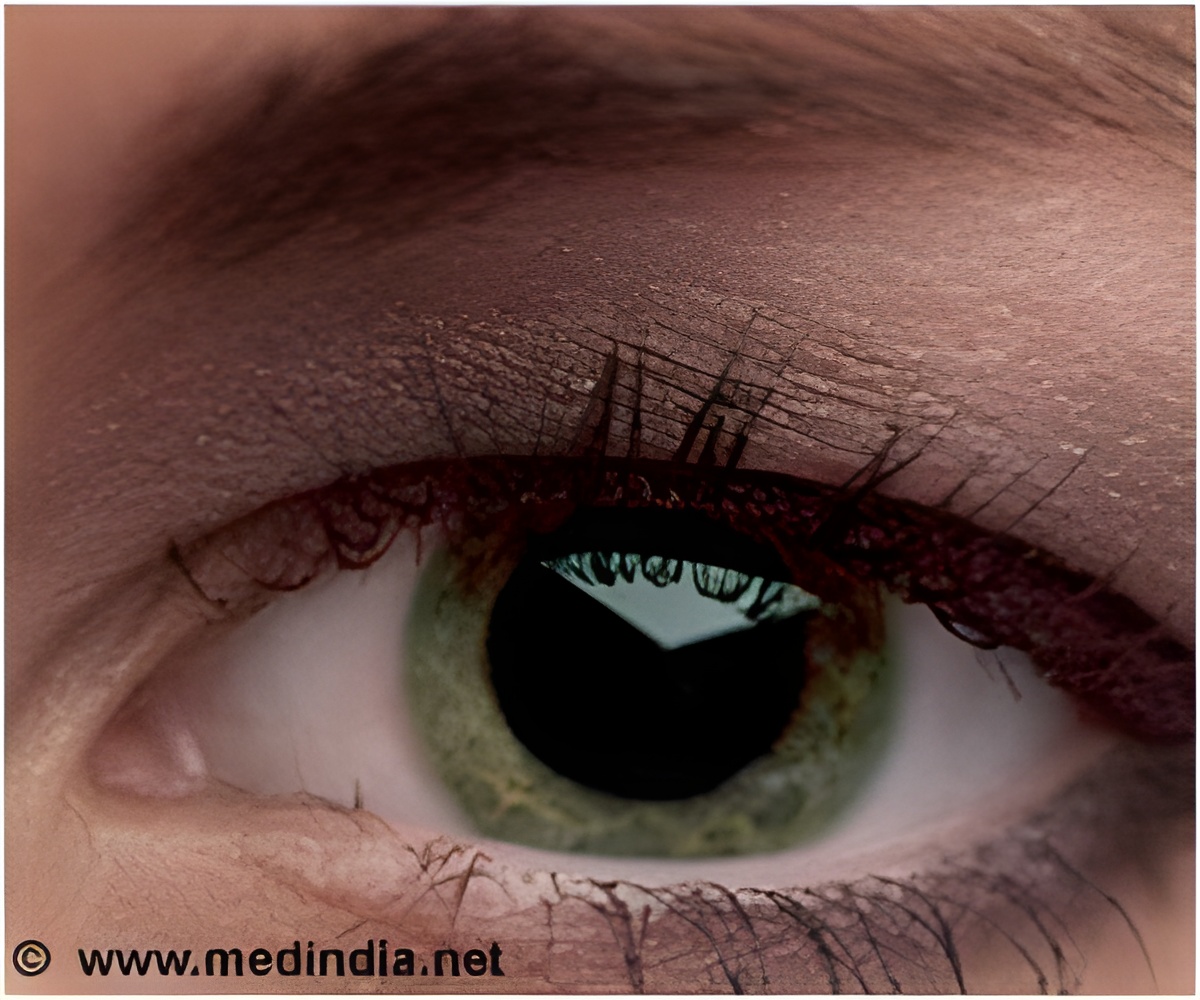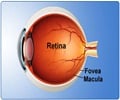A group of cells in the retina directly affect the biological clock by sending signals to brain region that regulates the circadian rhythms.

‘The group of vasopressin-expressing cells in the retina provides insight into how the biological clock is regulated by light. This could open up new therapeutic opportunities to help restore altered circadian rhythms through the eye.’





The suprachiasmatic nucleus (SCN) is a region of the brain which co-ordinates the circadian rhythm using many different signalling molecules, including the neurohormone vasopressin. The retina signals environmental light changes to the SCN but it was previously unclear on how this process took place. This research shows for the first time that the retina has its own population of vasopressin-expressing cells which communicate directly to the SCN and are involved with regulating the circadian rhythm. This gives an insight into how the biological clock is regulated by light and could open up new therapeutic opportunities to help restore altered circadian rhythms through the eye.The researchers interfered with the signalling of light information sent to the SCN in rats. Using a series of physiological tests, they showed that vasopressin-expressing cells in the retina are directly involved in regulating circadian rhythms.
Mike Ludwig, Professor of Neurophysiology at The University of Edinburgh and lead investigator of the study said 'Our exciting results show a potentially new pharmacological route to manipulate our internal biological clocks.'
He added 'Studies in the future which alter vasopressin signalling through the eye could lead to developing eye drops to get rid of jet lag, but we are still a long way off from this.'
The full study, Vasopressin casts light on the suprachiasmatic nucleus, is published in the Journal of Physiology.
Advertisement












